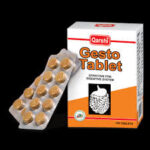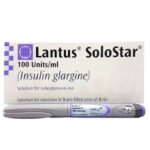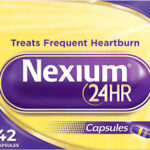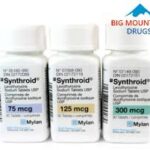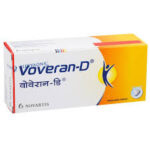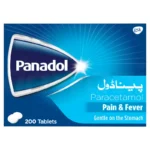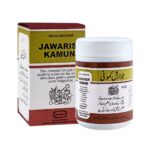Getformin is a brand name for a medication that contains the active ingredient metformin. Metformin is an oral antidiabetic drug used primarily to manage type 2 diabetes. It helps control blood sugar levels and is often prescribed as part of a comprehensive diabetes treatment plan that includes diet and exercise. Here’s a detailed description:
- Appearance: Getformin tablets are typically oval or round in shape, often coated for easier swallowing. They are usually white or off-white in color, and the dosage strength is often imprinted on one side of the tablet.
- Composition: Each tablet contains metformin hydrochloride as the active ingredient. The dosage can vary, commonly found in strengths like 500 mg, 850 mg, or 1000 mg. The tablets may also contain inactive ingredients such as magnesium stearate, povidone, and microcrystalline cellulose, which help in the formulation and stability of the tablet.
- Mechanism of Action: Metformin works by decreasing glucose production in the liver, improving the body’s sensitivity to insulin, and reducing the absorption of sugar from the intestines. This leads to lower blood sugar levels, helping to control diabetes.
- Indications: Getformin is primarily indicated for the management of type 2 diabetes, especially in patients who are overweight and whose blood glucose levels are not adequately controlled by diet and exercise alone. It may also be used in polycystic ovary syndrome (PCOS) and other conditions where insulin resistance is a problem.
- Dosage: The dosage of Getformin is determined by the doctor based on the patient’s condition, blood sugar levels, and response to treatment. It is usually taken with meals to reduce gastrointestinal side effects. The medication is often started at a low dose to minimize side effects, with gradual increases as needed.
- Side Effects: Common side effects of Getformin can include gastrointestinal symptoms such as nausea, vomiting, diarrhea, abdominal pain, and loss of appetite. Rare but serious side effects include lactic acidosis, a condition characterized by the buildup of lactic acid in the blood, which can be life-threatening if not treated promptly.
- Precautions: Patients taking Getformin should be monitored for kidney function, as metformin is contraindicated in patients with severe renal impairment. It should be used with caution in patients with liver disease, heart failure, or those who consume excessive alcohol. Regular monitoring of blood sugar levels and other health indicators is important while on this medication.
- Interactions: Getformin can interact with other medications, such as diuretics, corticosteroids, and certain heart medications, which may affect blood sugar control. It’s important to inform the healthcare provider of all medications and supplements being taken.
- Administration: The tablet should be taken as prescribed by a healthcare professional, usually with meals to prevent stomach upset. It’s important not to crush or chew the tablet, as this can alter its release mechanism.
Getformin is an effective medication for managing type 2 diabetes, but it should be taken as part of a broader lifestyle management plan, including diet, exercise, and regular monitoring of blood sugar levels.
4o









